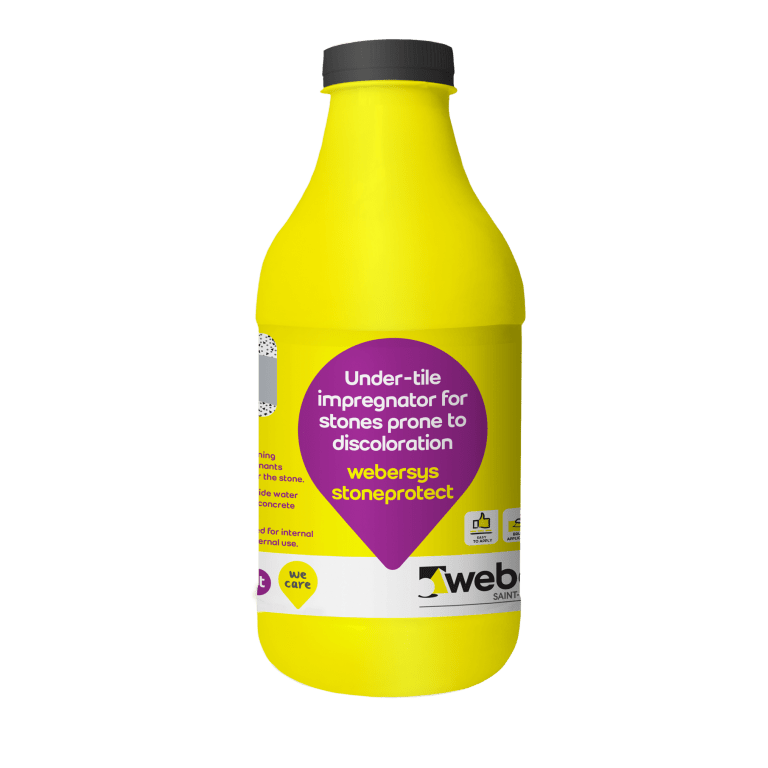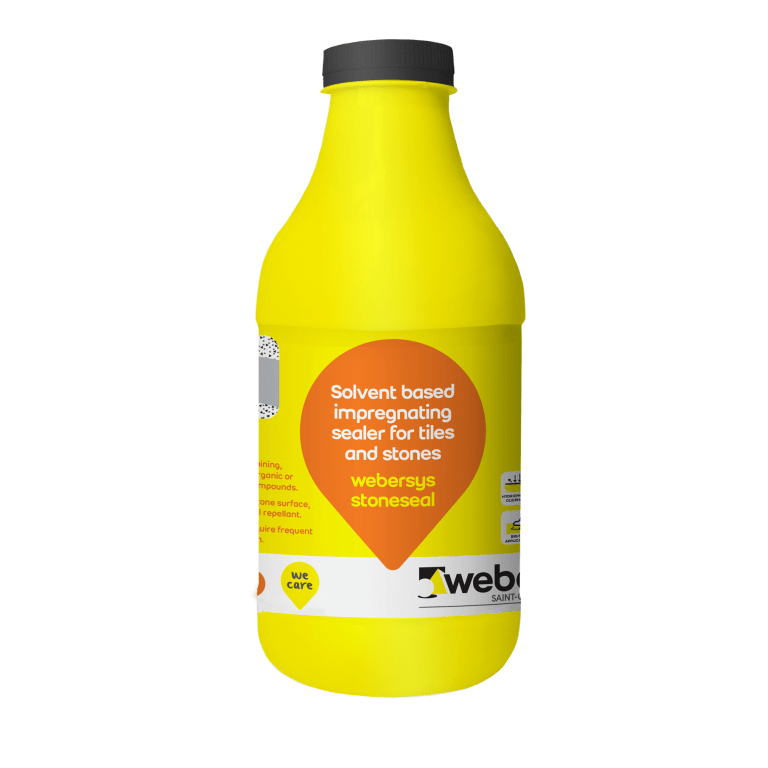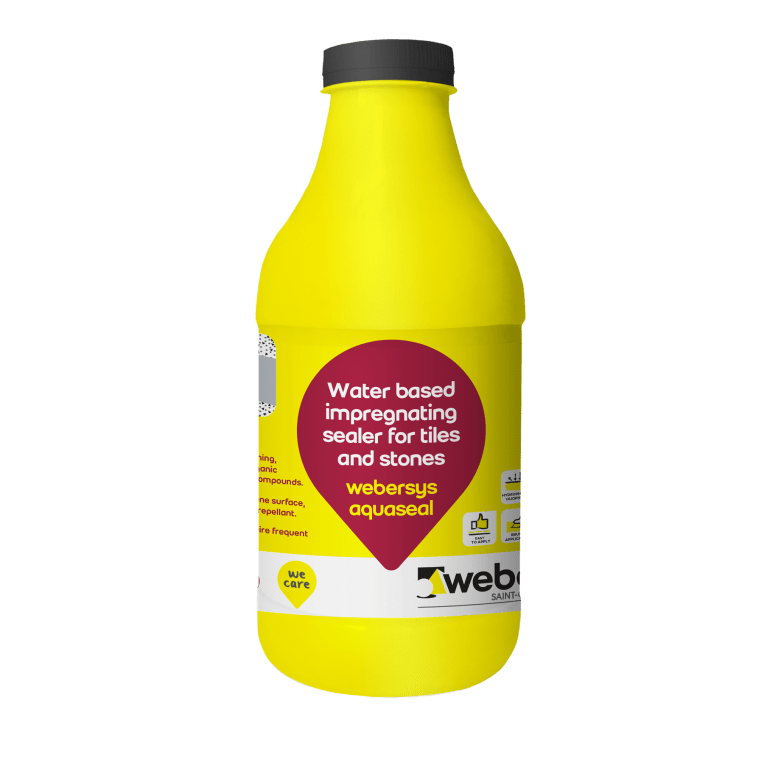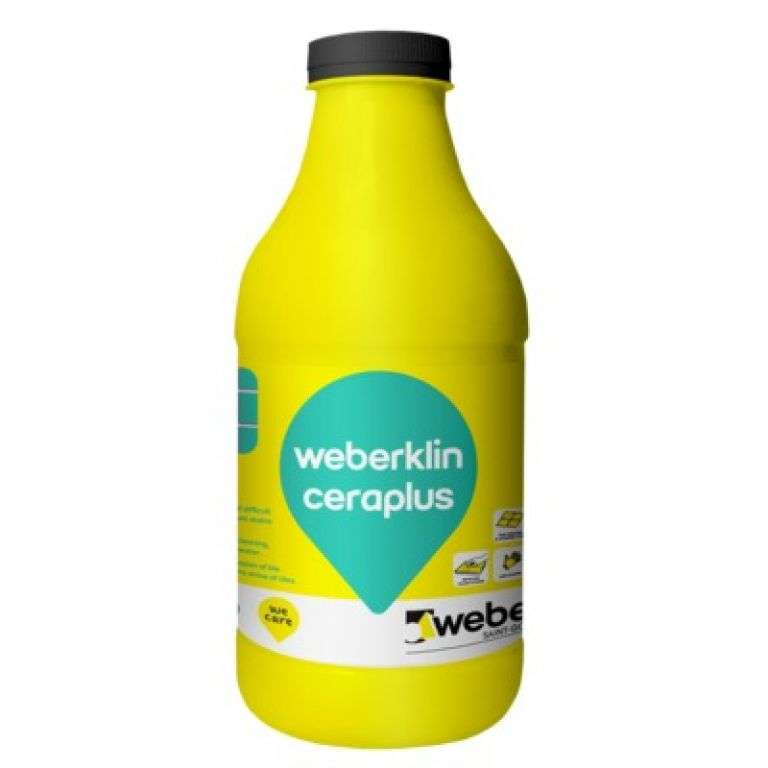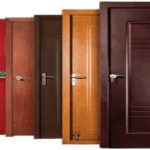Effective Basement Waterproofing Guide by Deson Home Solutions
Waterproofing your basement is a crucial step in protecting your home from potential water damage. Whether you have a finished basement that you want to keep dry and comfortable or an unfinished one that you want to use for storage, it’s essential to prevent moisture infiltration. Deson Home Solutions Pvt Ltd, a trusted distributor of Saint-Gobain Weber products, is here to guide you through the process of waterproofing your basement effectively.
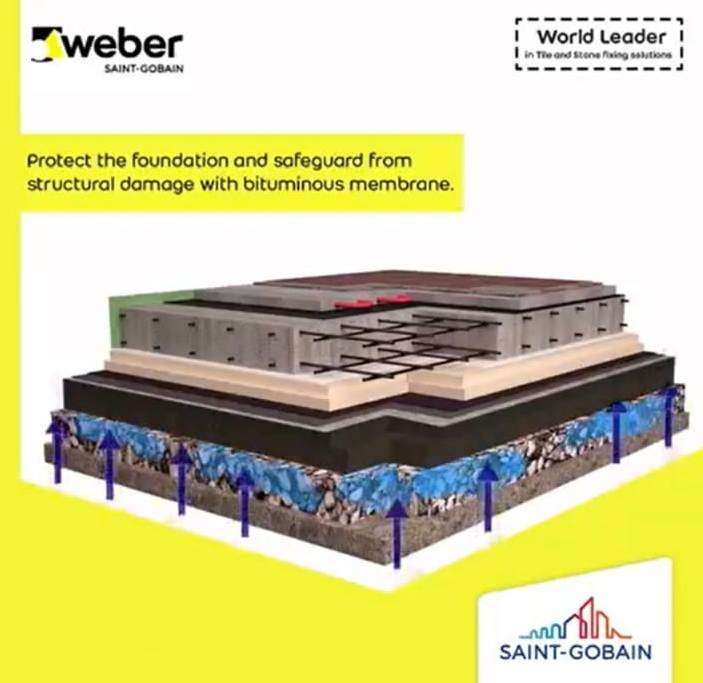
Why Waterproofing Matters
Basements are particularly vulnerable to water damage due to their below-ground location. Water can seep through foundation walls, cracks, and joints, leading to a range of issues, including:
Mold and Mildew Growth: Excess moisture can create the perfect environment for mold and mildew to thrive, posing health risks and causing unpleasant odors.
Structural Damage: Water can weaken the structural integrity of your foundation, leading to costly repairs.
Damage to Belongings: If your basement is used for storage, water infiltration can ruin valuable possessions.
Reduced Home Value: A wet basement can lower your property’s value and make it less attractive to potential buyers.
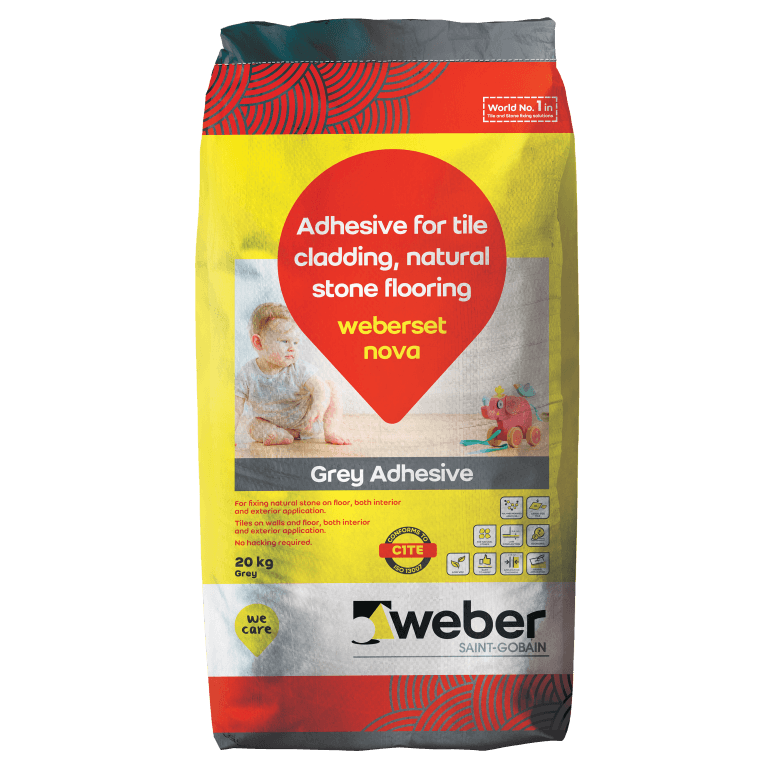
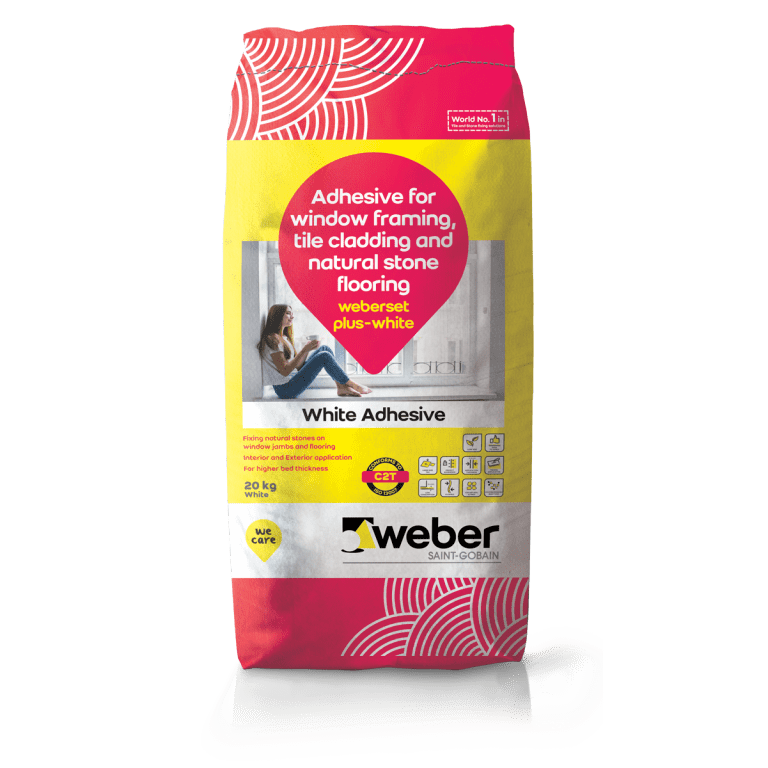
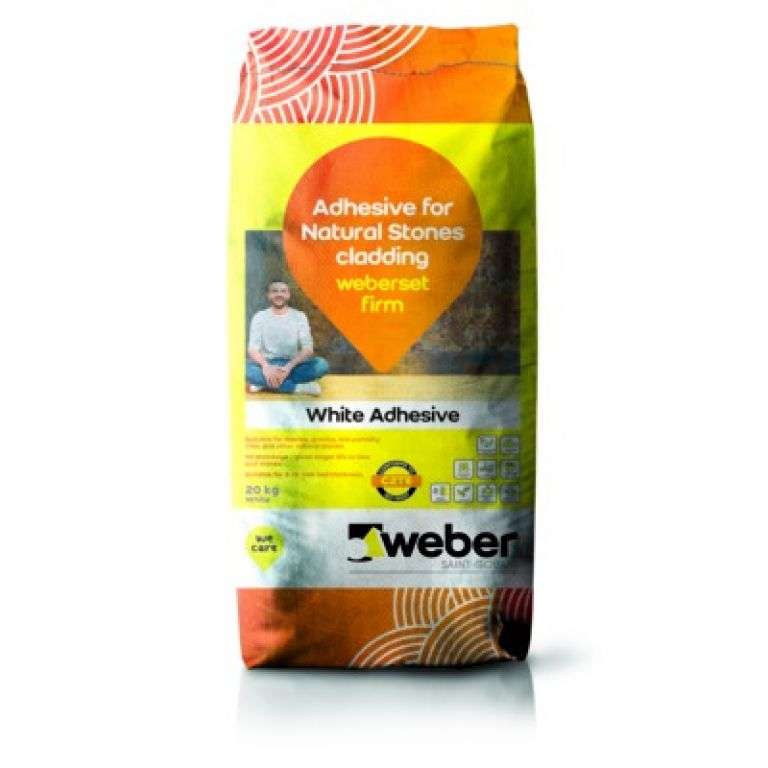
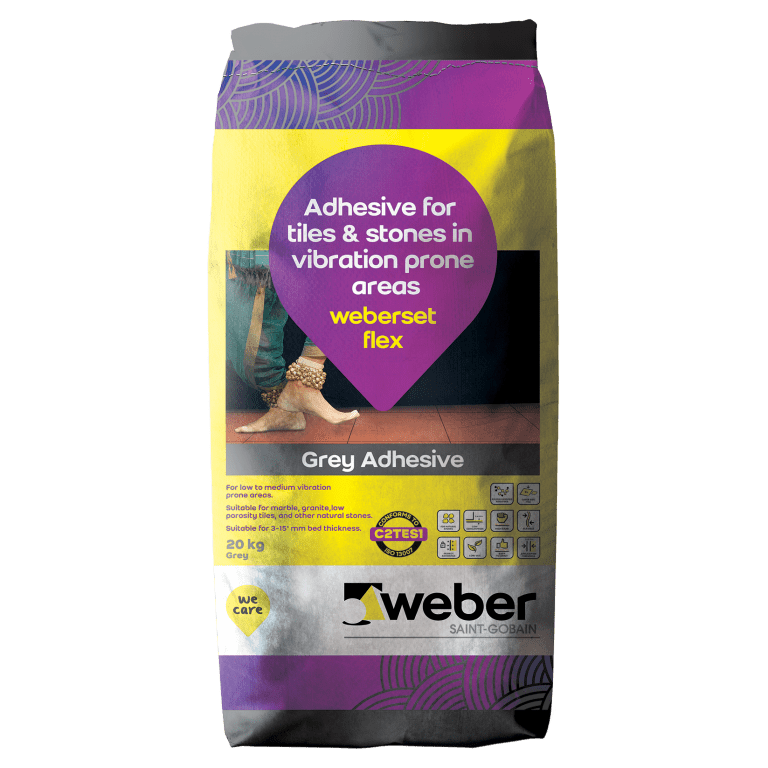
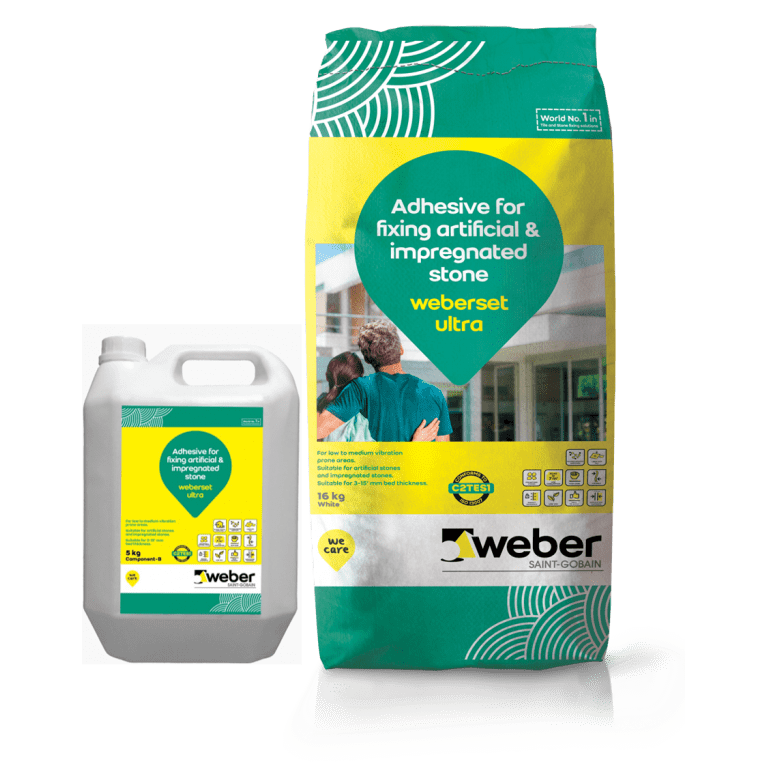
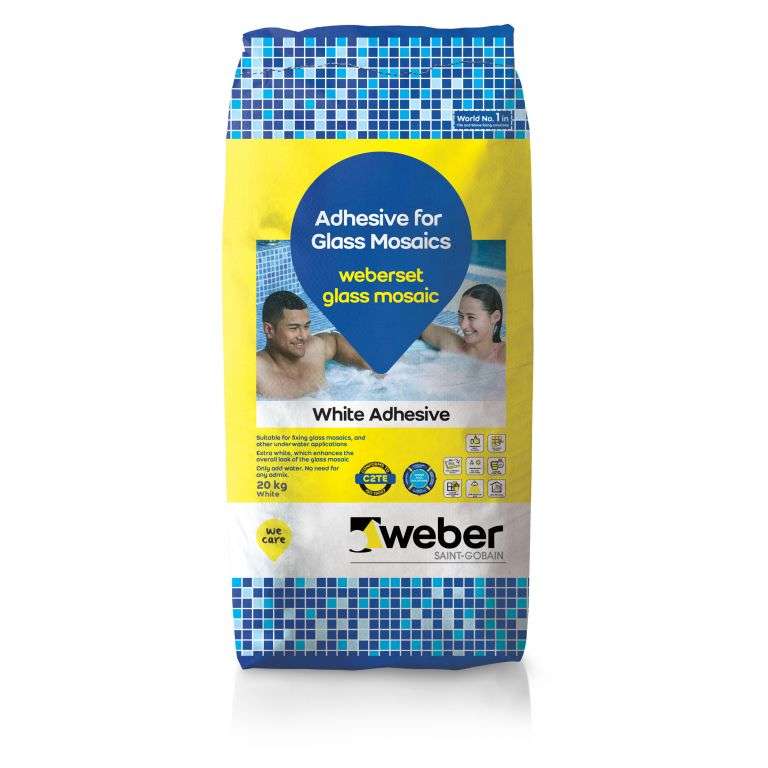
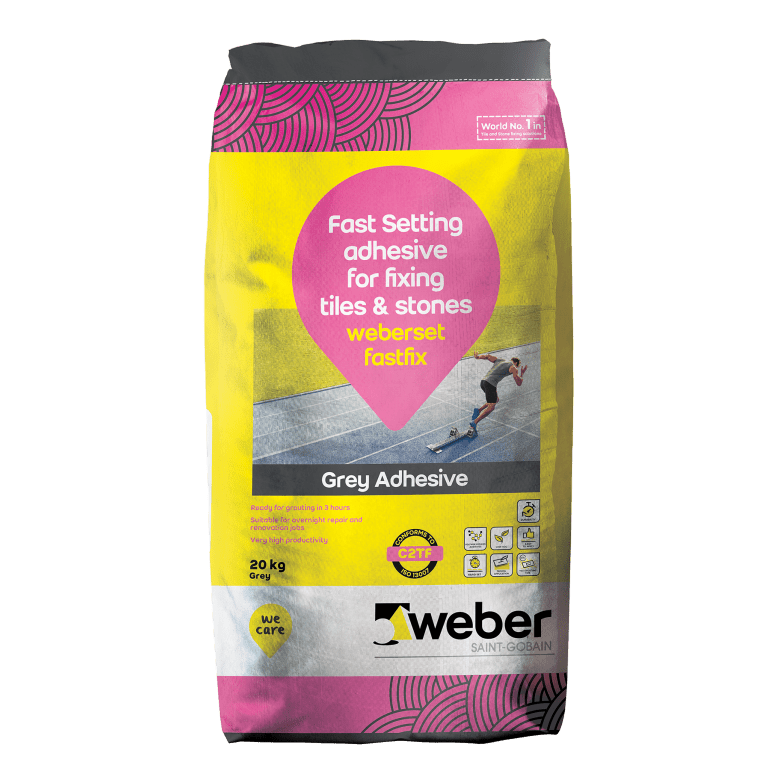
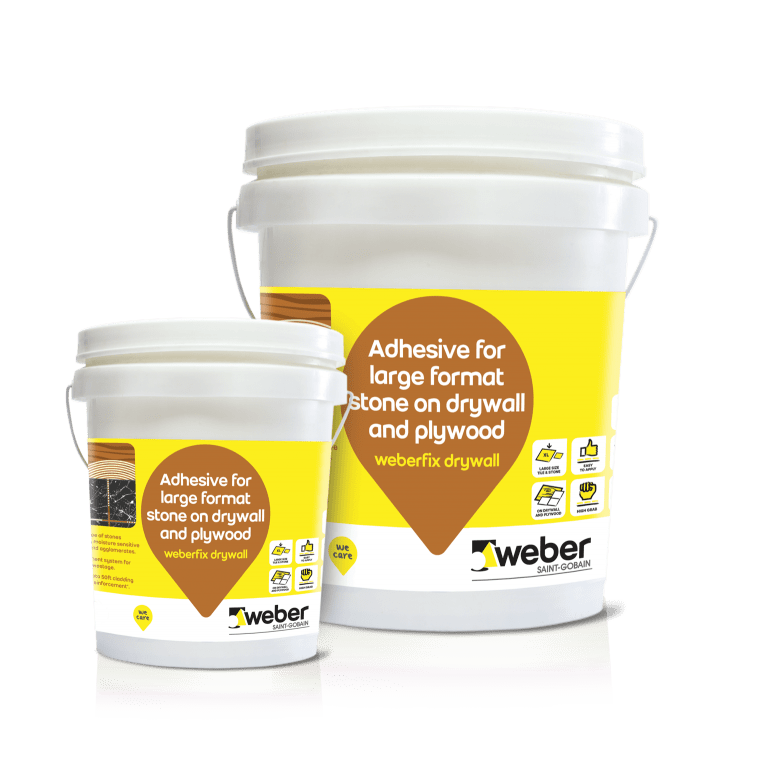
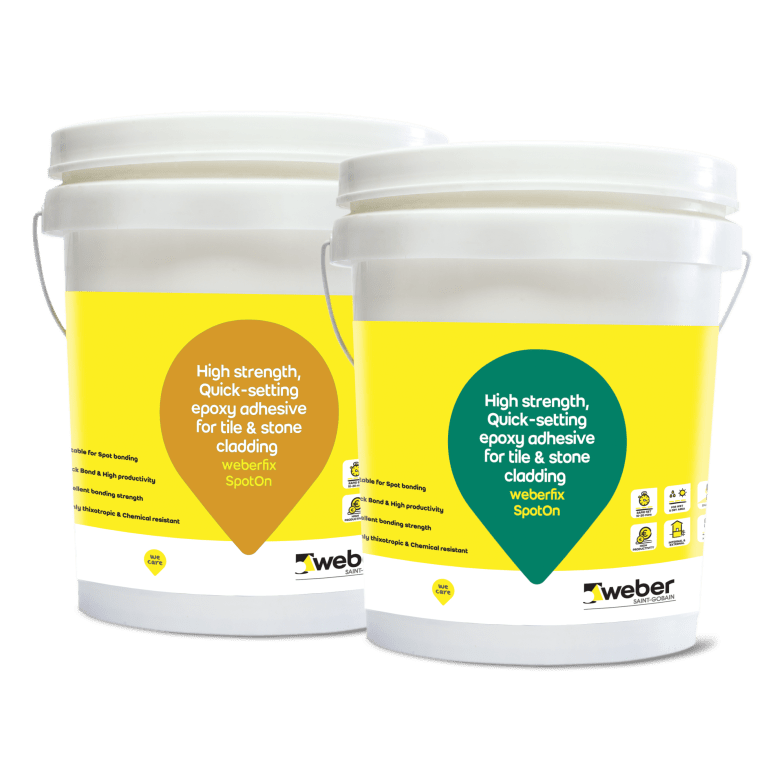
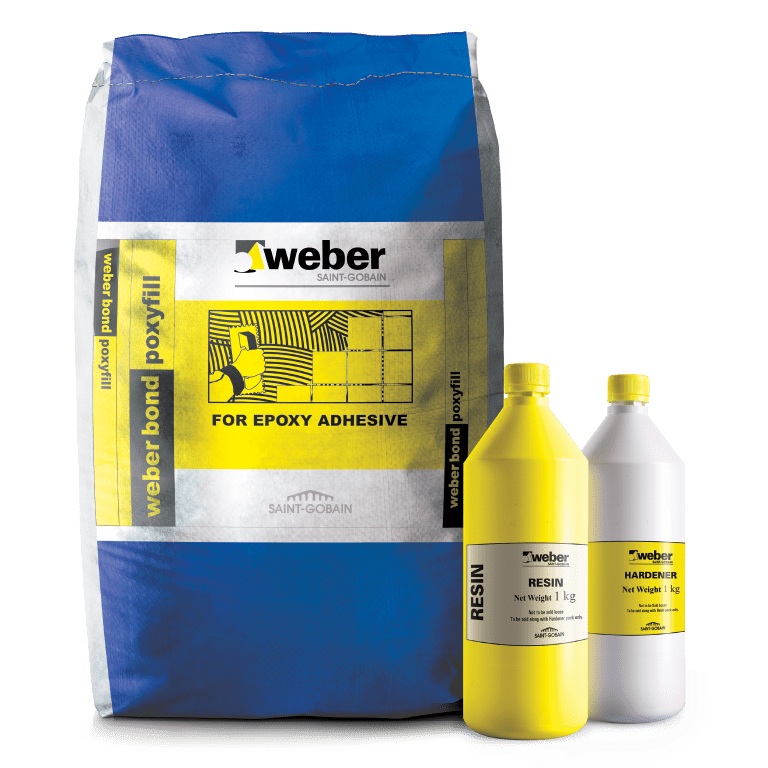
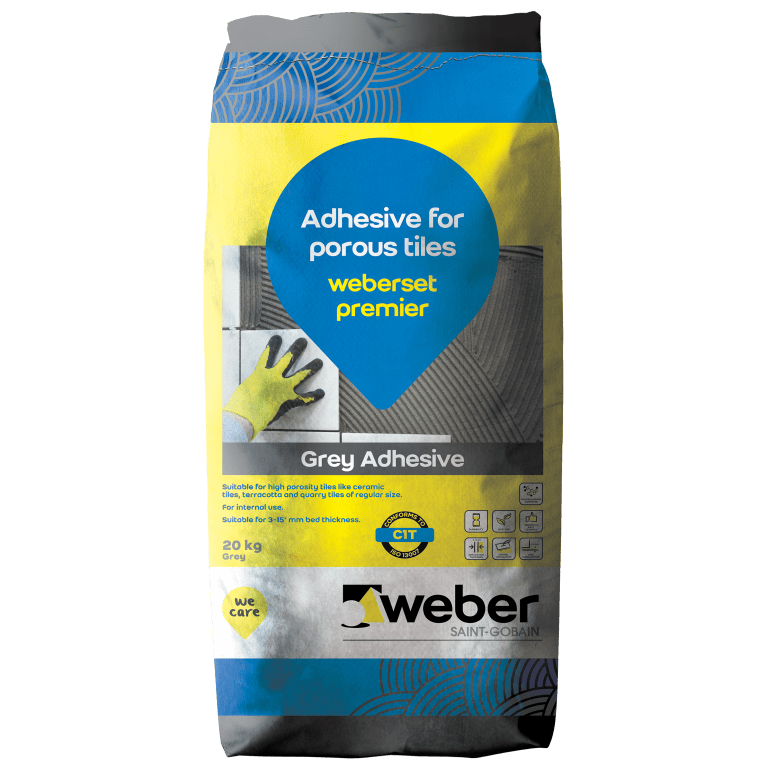
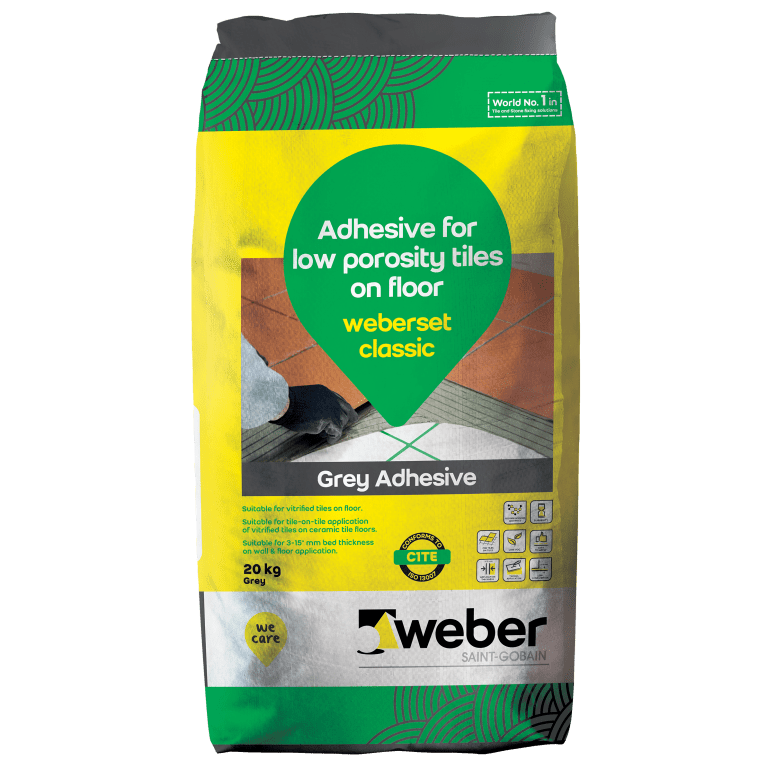
Now, let’s explore the steps to effectively waterproof your basement:
Identify the Source of Moisture
Before you begin waterproofing, it’s essential to determine the source of moisture in your basement. Common sources include:
Surface water from rainfall or melting snow
Groundwater infiltration through the foundation
Leaking pipes or plumbing
Condensation due to poor ventilation
Identifying the source will help you choose the right waterproofing solution.
Seal Cracks and Gaps
Inspect your basement for any cracks or gaps in the walls or floor. These openings are potential entry points for water. Seal them using a high-quality waterproofing sealant or epoxy filler. Saint-Gobain Weber offers excellent products for this purpose.
Exterior Waterproofing
Consider applying an exterior waterproofing membrane to the foundation walls. This protective barrier prevents water from penetrating the foundation. It’s especially effective in areas with high groundwater levels.
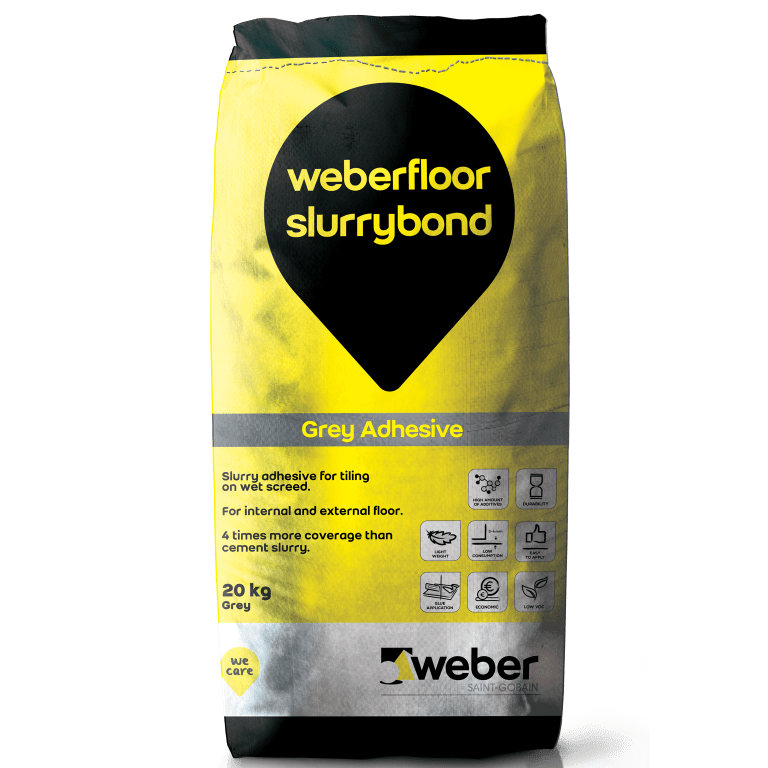
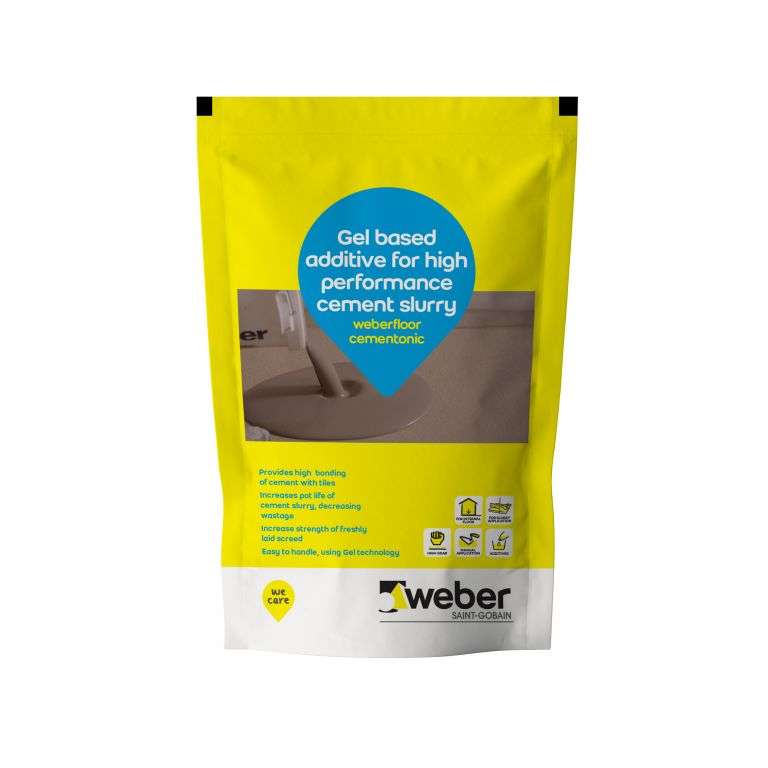
Interior Waterproofing
For basements with limited exterior access, interior waterproofing is a viable option. This involves applying a waterproof coating or paint to the interior walls and floor. Saint-Gobain Weber offers a range of interior waterproofing products that are both effective and durable.
Install Proper Drainage
To manage water that does make its way into the basement, install an efficient drainage system. A sump pump can help collect and remove excess water, keeping your basement dry
Ventilation and Dehumidification
Improving ventilation and using a dehumidifier can help control moisture levels in your basement. This step is essential for preventing mold growth and maintaining a healthy indoor environment.
